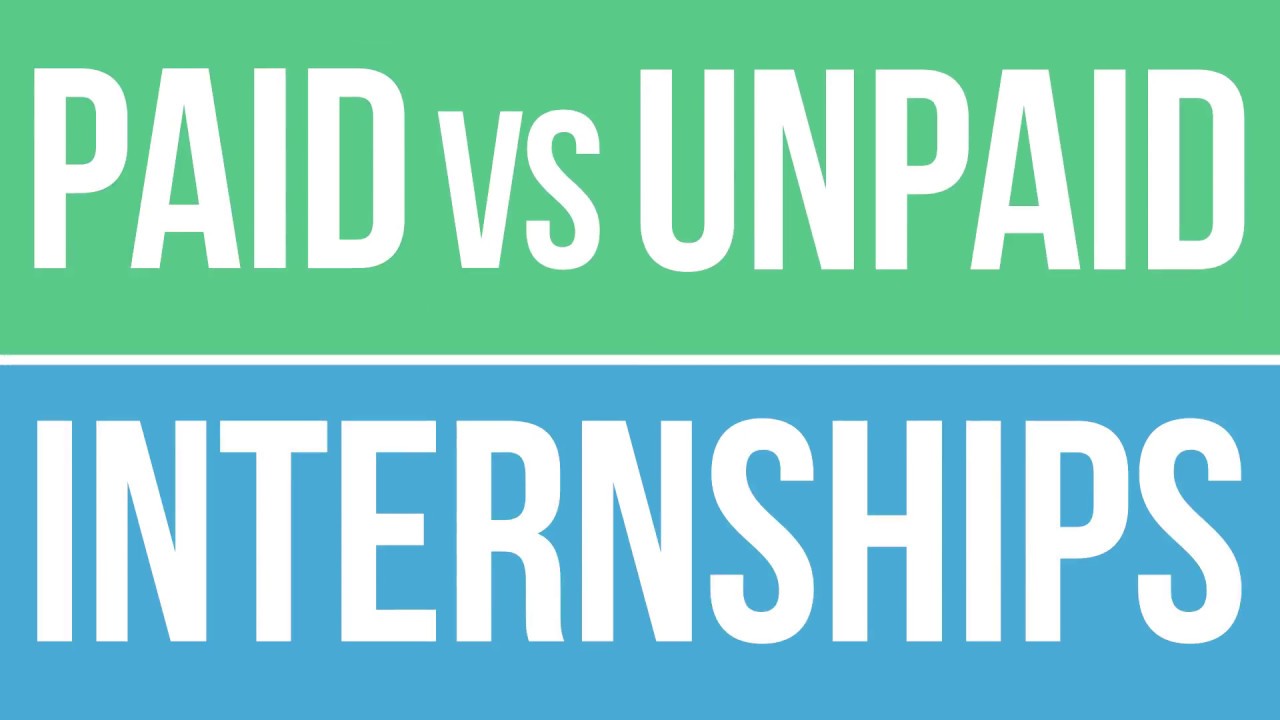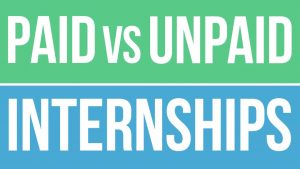Offering Unpaid Internships is Risky Business for Employers

Authored by Steve Holden. Published in the Sacramento Business Journal November 2013.
 “Millions of people are forced to go into debt just to get ahead. Millions more are having their dreams denied because they can’t afford to work for free. It has to end.” This is the opening statement of the Fair Pay Campaign, a recently formed organization aimed at outlawing unpaid internships. The group is not alone in raising these sentiments. Many commentators have noted that it is increasingly difficult in some fields to obtain a paying position without first working as an unpaid intern. They argue that employers are unfairly using unpaid internships as a way to boost the bottom line. More importantly, employment lawyers have taken notice and the number of lawsuits is rapidly increasing. In a highly publicized case Fox Searchlight Pictures was found liable for violating minimum wage and overtime laws by not paying interns who worked on the acclaimed movie “Black Swan.” What is the message for employers? The use of unpaid internships is risky business. The law has not changed, but it is becoming increasingly likely that the improper use of internships will result in liability for unpaid wages and benefits as well as penalties, interest and attorneys’ fees. How do employers protect against such liability? Carefully examine any existing or contemplated internships and make sure they are in compliance with both state and federal law. On the federal side, courts generally apply the Department of Labor’s six-factor test to determine whether an unpaid internship is permissible. If all six of the conditions are satisfied, an employment relationship does not exist and the minimum wage and overtime laws do not apply to the intern. The internship exclusion, however, is interpreted by the courts very narrowly and careful consideration of each condition is critical. Factor Test
“Millions of people are forced to go into debt just to get ahead. Millions more are having their dreams denied because they can’t afford to work for free. It has to end.” This is the opening statement of the Fair Pay Campaign, a recently formed organization aimed at outlawing unpaid internships. The group is not alone in raising these sentiments. Many commentators have noted that it is increasingly difficult in some fields to obtain a paying position without first working as an unpaid intern. They argue that employers are unfairly using unpaid internships as a way to boost the bottom line. More importantly, employment lawyers have taken notice and the number of lawsuits is rapidly increasing. In a highly publicized case Fox Searchlight Pictures was found liable for violating minimum wage and overtime laws by not paying interns who worked on the acclaimed movie “Black Swan.” What is the message for employers? The use of unpaid internships is risky business. The law has not changed, but it is becoming increasingly likely that the improper use of internships will result in liability for unpaid wages and benefits as well as penalties, interest and attorneys’ fees. How do employers protect against such liability? Carefully examine any existing or contemplated internships and make sure they are in compliance with both state and federal law. On the federal side, courts generally apply the Department of Labor’s six-factor test to determine whether an unpaid internship is permissible. If all six of the conditions are satisfied, an employment relationship does not exist and the minimum wage and overtime laws do not apply to the intern. The internship exclusion, however, is interpreted by the courts very narrowly and careful consideration of each condition is critical. Factor Test
- The training the intern receives is similar to what would be given in a vocational school or in academic educational instruction.
- The training is for the benefit of the intern.
- The intern works under close supervision of regular employees without displacing them.
- The employer derives no immediate advantage from the activities of the intern, and on occasion the employer’s operations are actually impeded.
- The intern is not necessarily entitled to a job at the conclusion of the internship.
- Both the employer and the intern understand that there is no entitlement to wages for the time spent in the internship.
In California, the following additional factors are considered and must be satisfied.
- Any clinical training provided is part of an educational curriculum.
- The intern does not receive any employee benefits.
- The training provided is sufficiently general so as to qualify the intern to work in similar businesses as opposed to specifically tailored training designed to teach the intern a specific job within the employer’s operations.
- The screening process for the internship program is not the same as for employment and utilizes only criteria relevant for admission to an independent educational program.
- Advertisements for the internship clearly reference education and training as opposed to employment.
In general, the more an internship program is akin to a classroom or academic experience as opposed to the employer’s actual operations, the more likely the internship will be viewed as legitimate. The more the internship provides the individual with skills that can be used in multiple employment settings, as opposed to skills particularly beneficial to the employer’s operation, the more likely the intern would be viewed as receiving training. Requiring or permitting interns to perform the routine work of the business on a regular and recurring basis is problematic. Interns should only be permitted to perform the work where it can be shown that the interns are receiving the benefit of a new skill or improved work habits. Where the employer uses interns as substitutes for regular workers or to augment its existing workforce, the interns will be viewed as employees and must be paid. Any evidence that the employer had a need to hire additional employees or a need to require existing staff to work additional hours had the interns not performed the work will be damaging. Similarly damaging is evidence that the interns perform the work under the same level of supervision as the employer’s existing staff. Conversely, if the employer is providing job shadowing opportunities that allow the interns to learn under the close and constant supervision of skilled workers, and the intern performs only minimal work, the relationship is more likely to be viewed as a bona fide internship. The internship should be of a fixed duration, established prior to the outset of the internship. Unpaid internships should not be used by employers as a trial period for individuals seeking employment at the conclusion of the internship. Any expectation of employment following the internship will be viewed an indicia of an employment relationship. Employers that use unpaid interns should be aware of the increasing effort to punish employers for taking advantage of internships. It is wise to scrutinize your internships before the government, an activist group or plaintiffs’ attorney show up to do it for you. It is even wiser to formalize the relationship with a properly drafted agreement that identifies how each of the eleven conditions exists in your favor.
